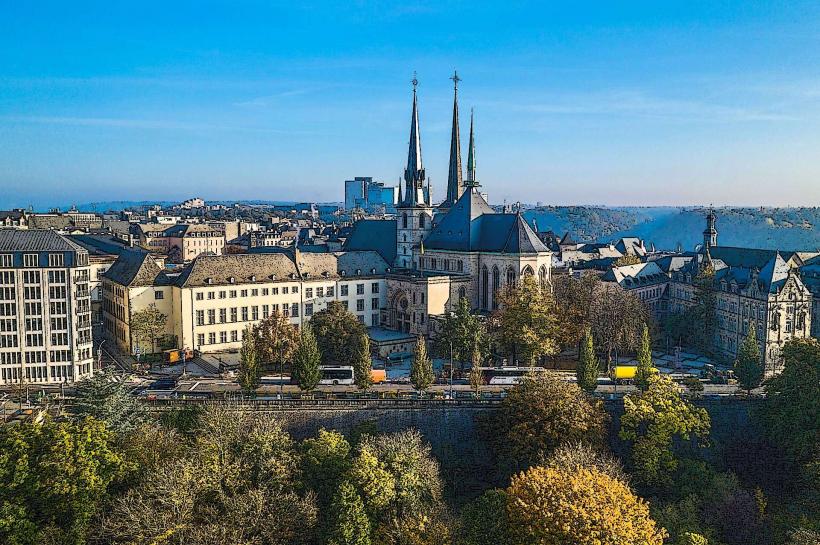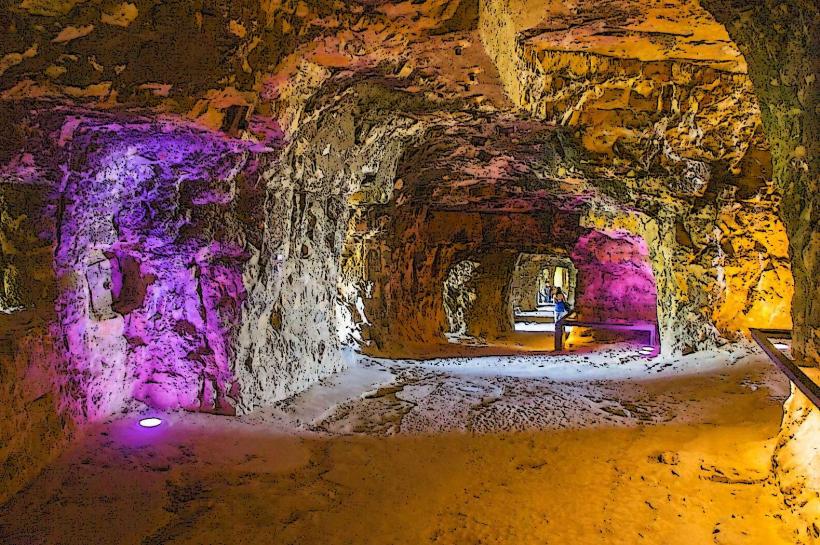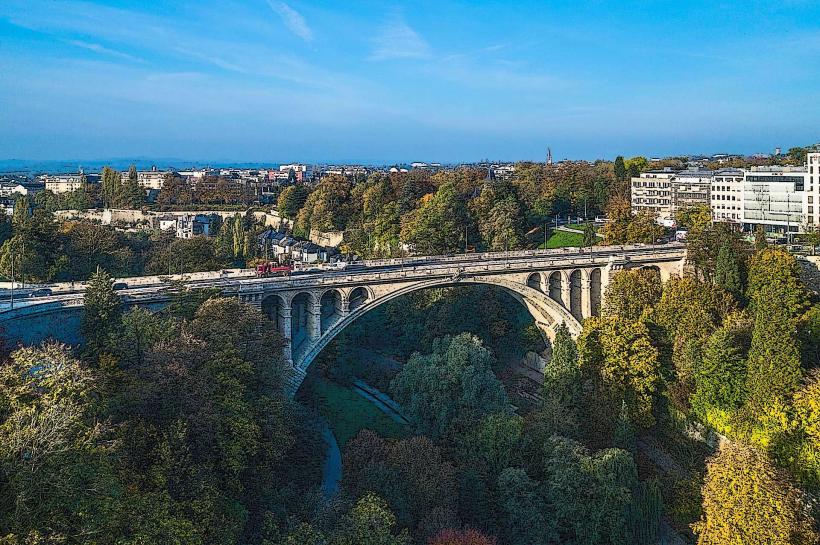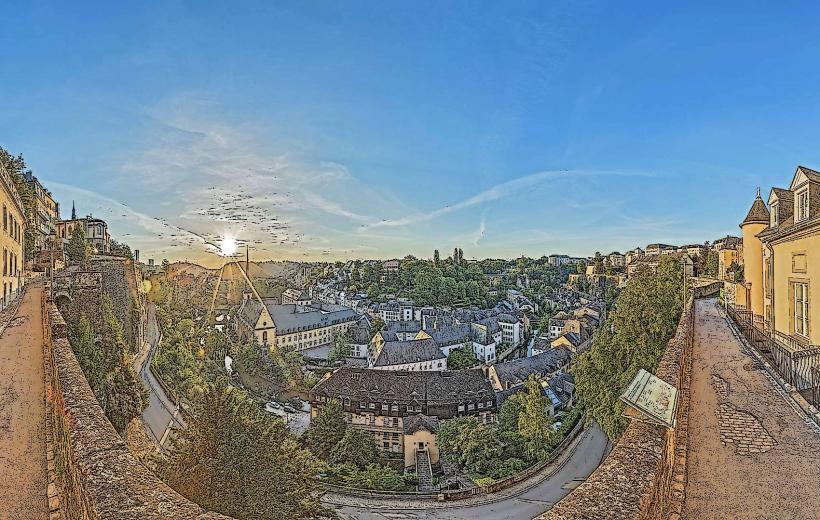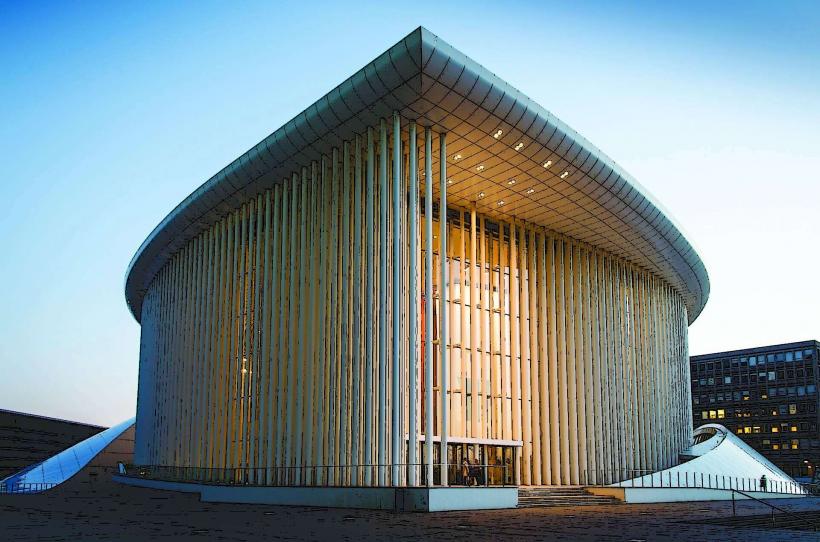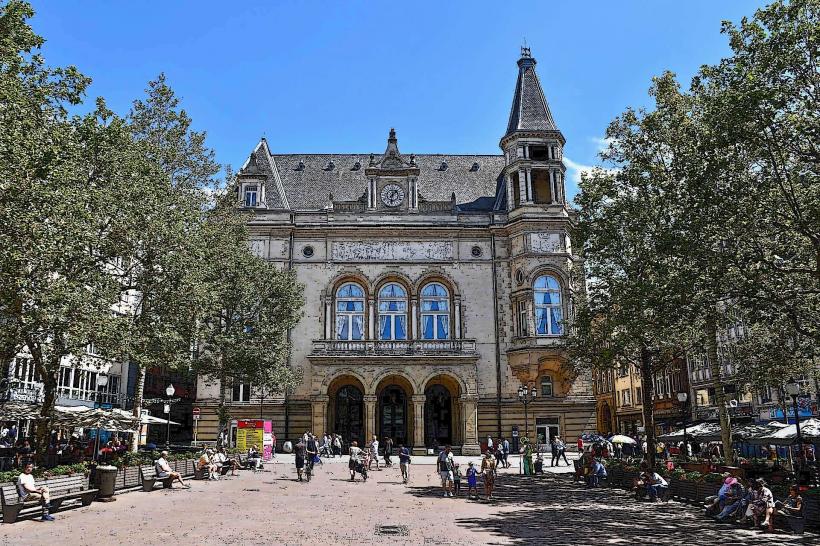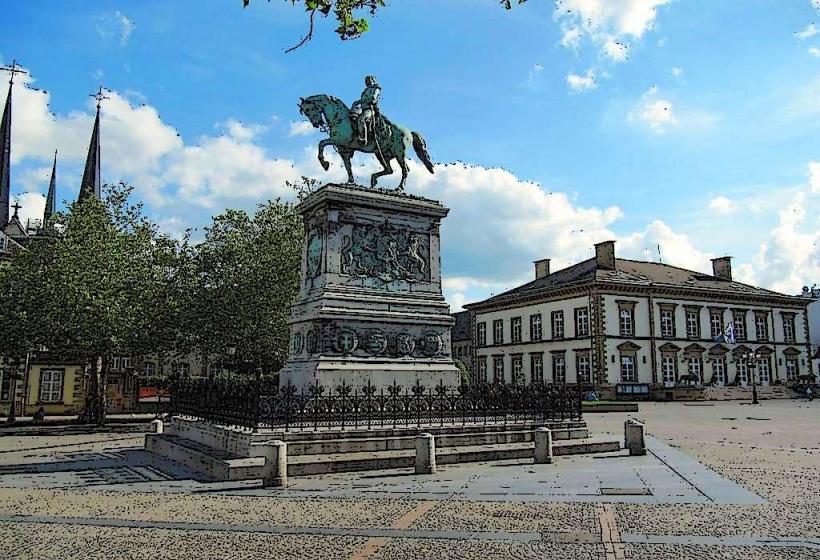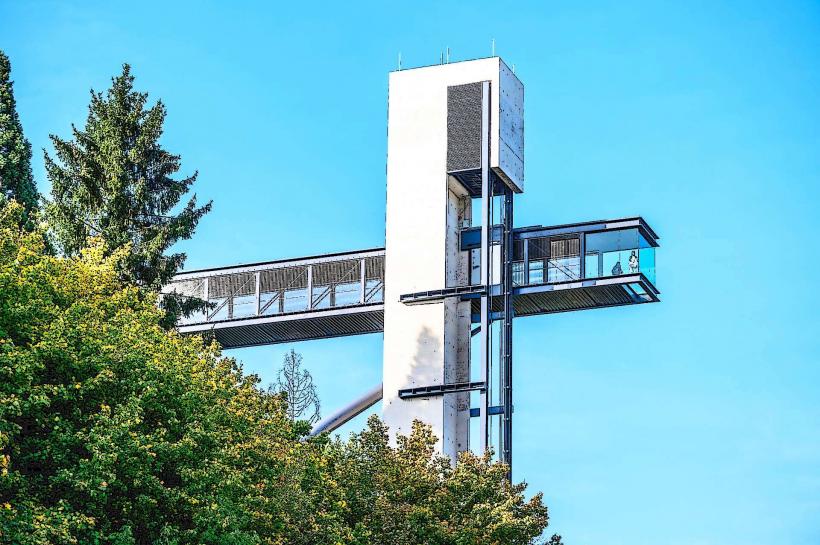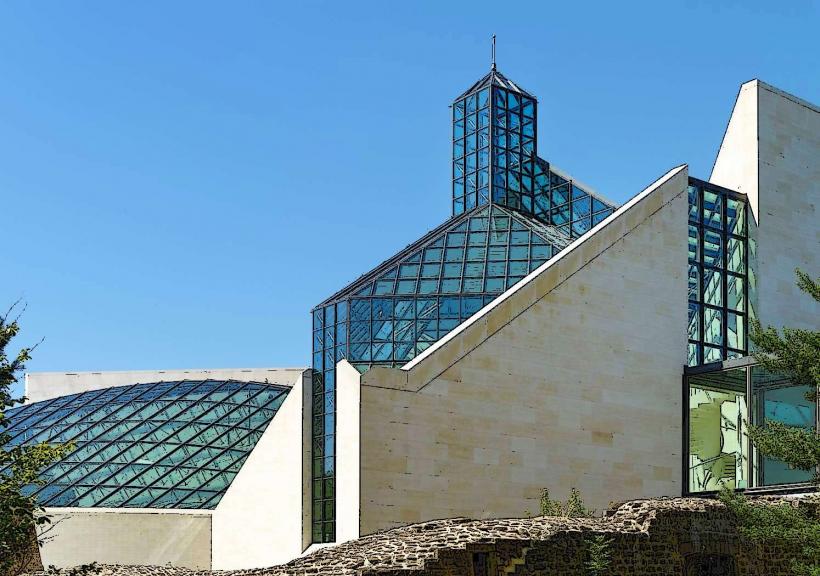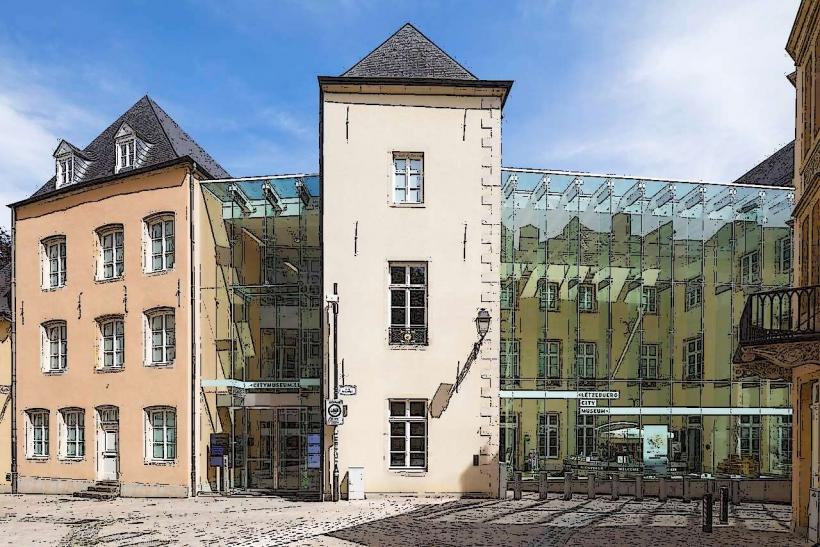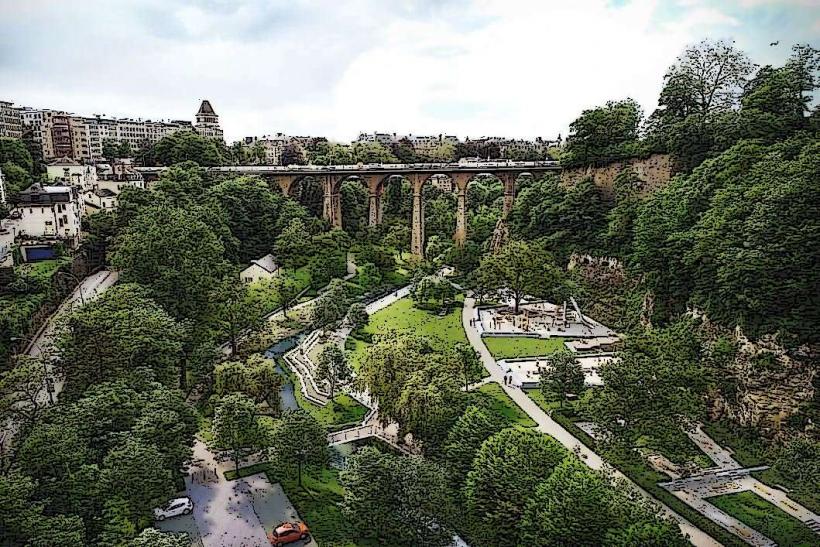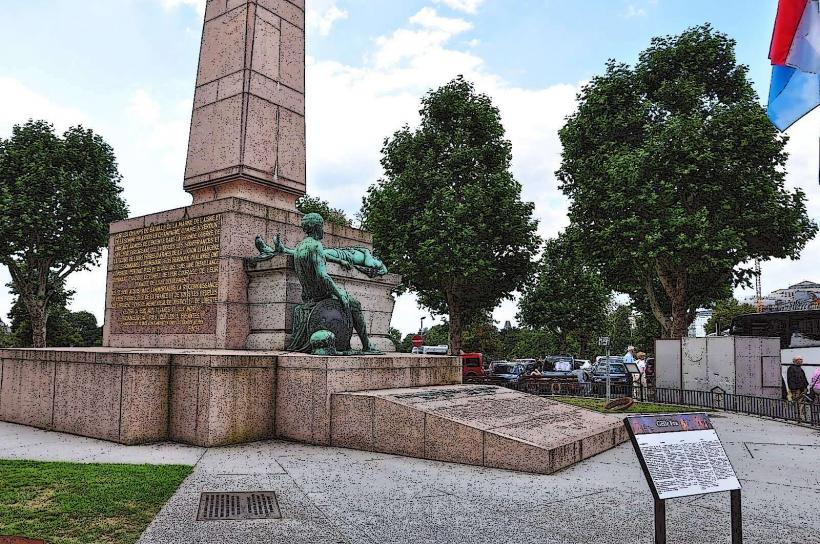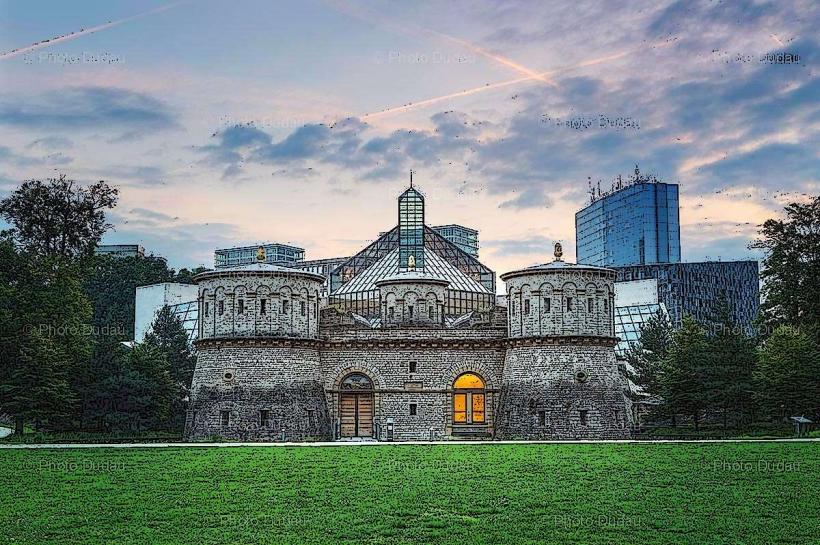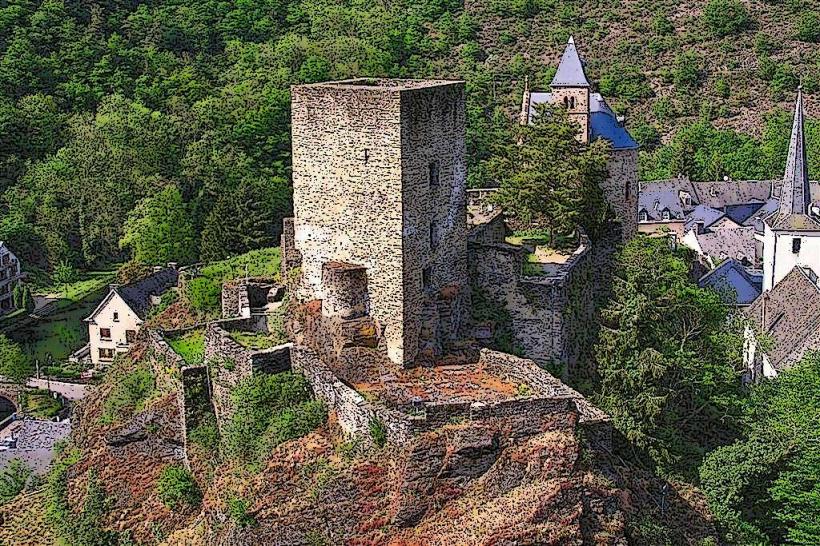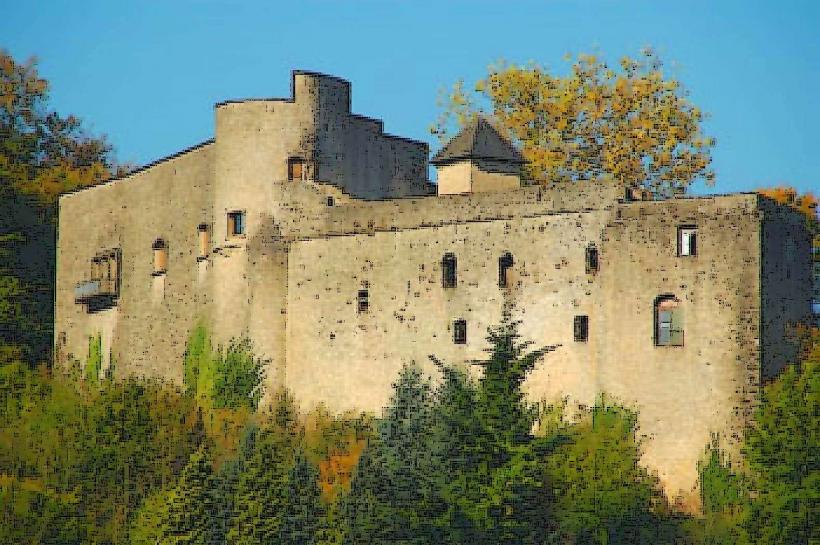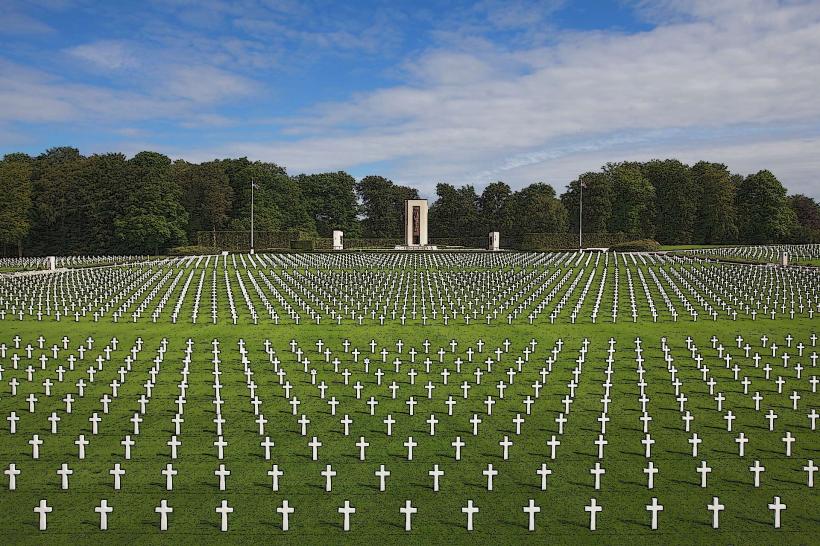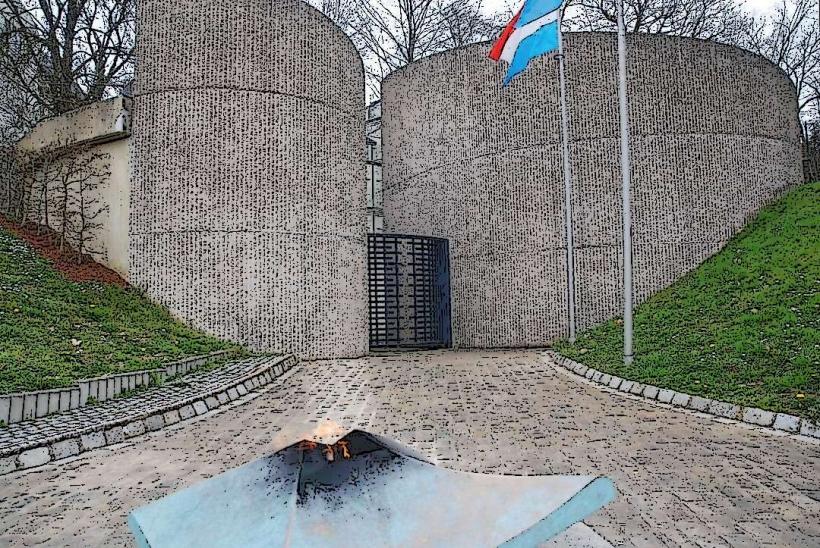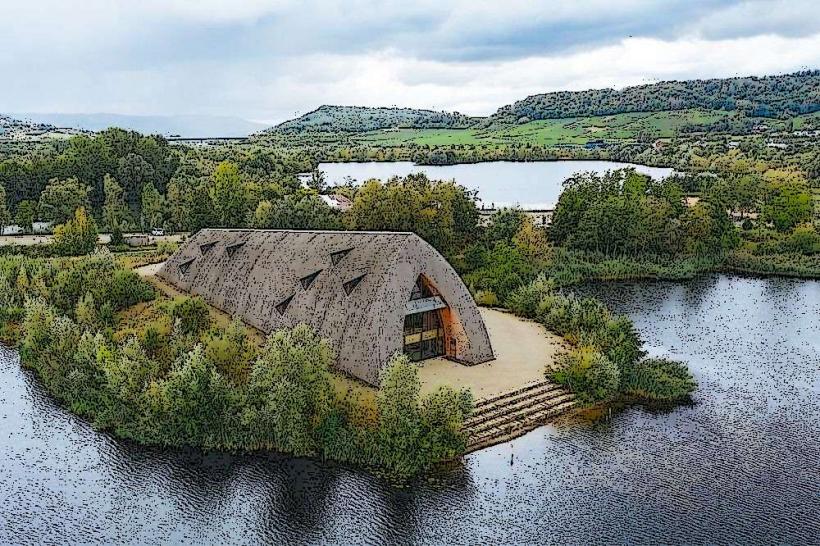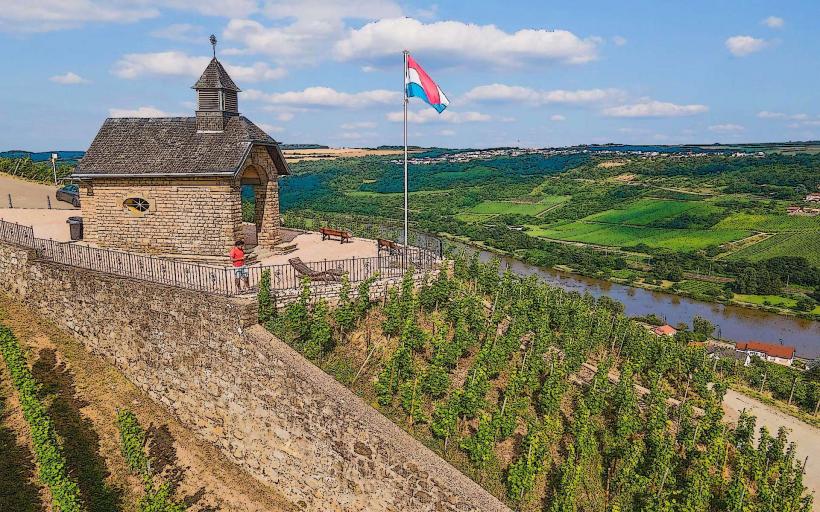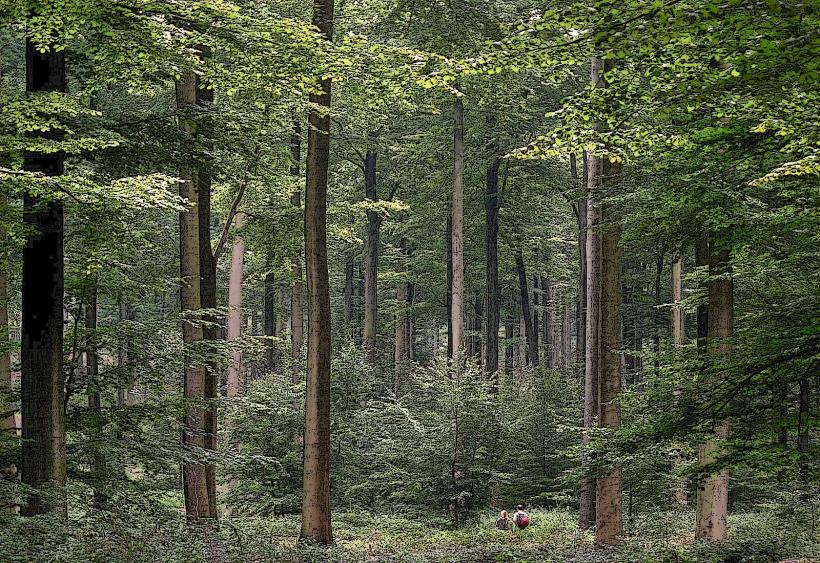Information
Landmark: National Museum of History and ArtCity: Luxembourg City
Country: Luxembourg
Continent: Europe
National Museum of History and Art (Musée National d'Histoire et d'Art - MNHA): A Detailed Overview
The National Museum of History and Art (Musée National d'Histoire et d'Art, or MNHA) is one of Luxembourg City’s most prominent cultural institutions. Established to showcase the rich history, art, and culture of Luxembourg, the museum houses an impressive collection spanning from ancient artifacts to modern artistic works. It serves as a key venue for those interested in learning more about the history of Luxembourg and its artistic heritage.
Location and Setting
- Location: The MNHA is situated in the heart of Luxembourg City, specifically in the Ville Haute district. The museum is located near several other key landmarks, including the Place Guillaume II, the Grand Ducal Palace, and the Notre-Dame Cathedral, making it easily accessible to both locals and tourists.
- Building: The museum is housed in a historic building that has been expanded over the years. The modern architecture of the museum beautifully complements the historic nature of the surrounding city. The museum’s design blends older structures with contemporary elements, creating a dynamic space for exhibitions and cultural exchange.
History and Development
- Founding: The National Museum of History and Art was founded in 1996 to bring together and preserve Luxembourg’s historical and artistic heritage. Before its establishment, various collections were scattered across different institutions and private holdings. The museum’s creation aimed to unify these collections under one roof.
- Building Evolution: The museum is housed in two buildings: the former municipal slaughterhouse (constructed in the 19th century) and a newer, modern extension. The slaughterhouse was converted into the museum, preserving much of the original structure, while the modern extension, designed by architect Christian Kieffer, provides a contemporary space for exhibitions and events.
- Key Expansion: A major expansion project in 2005 allowed the museum to broaden its collections and provide more space for temporary exhibitions. The addition of a new wing allowed the museum to present more diverse and varied art and historical exhibitions.
Collections and Exhibitions
The museum’s collections span a wide range of periods, regions, and artistic styles. The MNHA is divided into several main sections, including archaeology, fine arts, and decorative arts, each of which provides a comprehensive look at Luxembourg’s history and culture.
Archaeology:
- The archaeological section features artifacts from Luxembourg’s prehistoric, Roman, and medieval periods. These artifacts include tools, pottery, weapons, and jewelry, shedding light on the daily lives, trade, and customs of ancient inhabitants.
- Notable exhibits include Roman-era objects, such as coins and ceramics, as well as early medieval items from Luxembourg’s medieval castles and settlements.
- The museum also highlights important archaeological sites in Luxembourg, such as the Castellum at Käerjeng and Ettelbruck, which were critical to understanding the region’s history during the Roman Empire.
Fine Arts:
- The fine arts collection at MNHA spans from the Middle Ages to contemporary works, showcasing the development of art in Luxembourg and Europe.
- Key works include Gothic altarpieces, Renaissance paintings, and 19th- and 20th-century works by Luxembourgish artists.
- The museum also features works by notable European masters such as Élisabeth Louise Vigée Le Brun, and Jules Bastien-Lepage, as well as contemporary works by local artists.
- Among its treasures is a large collection of Luxembourgish art that provides a window into the country’s artistic evolution and its place within the broader European art movements.
Decorative Arts:
- The museum’s decorative arts collection includes a wide range of furniture, silverware, glass, and ceramics from the 17th to the 19th centuries.
- The collection also contains luxurious objects used by the nobility and elites in Luxembourg and neighboring regions.
- The ceramics and glass section displays examples of both Luxembourgish and European craftsmanship, including items from historical Luxembourg factories.
Temporary Exhibitions:
- In addition to its permanent collections, the MNHA regularly hosts temporary exhibitions that explore various aspects of art, history, and culture. These exhibitions often feature works from international artists and focus on specific themes, such as modern art, photography, or Luxembourg’s cultural heritage.
- The museum also often partners with other European museums and institutions to host traveling exhibitions that broaden the scope of its offerings.
Visitor Experience
- Architecture: The building’s unique combination of old and new architectural elements provides a dynamic visitor experience. The contrast between the historic facade and the modern interior enhances the overall aesthetic experience of exploring the museum.
- Exhibition Spaces: The museum’s exhibitions are housed in well-lit, spacious galleries that allow for a comfortable and immersive viewing experience. The design emphasizes accessibility, with clear pathways and informative displays.
- Interactive Features: Many of the exhibits feature interactive elements and multimedia presentations, especially in the archaeology and fine arts sections. This provides visitors with an engaging and educational experience.
- Educational Programs: The museum offers a range of educational programs for visitors of all ages. These include guided tours, workshops, lectures, and interactive exhibits aimed at educating visitors about Luxembourg’s history, art, and culture.
Cultural and Social Role
- Promoting Luxembourg’s Heritage: The MNHA plays a central role in preserving and promoting Luxembourg’s cultural heritage. By showcasing the country’s art and historical objects, the museum offers both locals and tourists a deeper understanding of Luxembourg’s past and its role in European history.
- Cultural Hub: In addition to its exhibitions, the MNHA is a key cultural institution that organizes a variety of events, such as lecture series, film screenings, and concerts. It often collaborates with other cultural institutions in Luxembourg, contributing to the city’s rich cultural scene.
- Tourism and International Recognition: The museum is a popular attraction for both local visitors and international tourists interested in Luxembourg’s history and art. Its role in enhancing the cultural and artistic reputation of Luxembourg City cannot be understated.
Practical Information for Visitors
- Opening Hours: The MNHA is typically open Tuesday to Sunday, with regular hours during the day. It is closed on Mondays, and certain public holidays may also affect operating hours.
- Admission: The museum charges an entry fee, although there are often discounts for students, senior citizens, and groups. Special exhibitions may require an additional charge. Admission is usually free for children and residents of Luxembourg.
- Location: The museum is located at 5, rue du Saint-Esprit, Luxembourg City, which is a central and easily accessible location within walking distance of other key attractions in the city.
- Facilities: The museum has a gift shop, where visitors can purchase books, art prints, and souvenirs related to the exhibitions. It also has a café for those who wish to take a break and enjoy some refreshments.
In Summary
The National Museum of History and Art (MNHA) in Luxembourg City is a comprehensive and dynamic museum that brings together the rich cultural, historical, and artistic heritage of Luxembourg. With its wide-ranging collections, spanning archaeology, fine arts, and decorative arts, the museum offers an immersive experience for visitors of all ages. The modern design of the museum, combined with its diverse exhibitions and educational programs, makes it a key cultural institution in Luxembourg City. Whether you are interested in Luxembourgish history, European art, or decorative objects, the MNHA offers something for everyone, making it an essential stop for anyone visiting Luxembourg.


